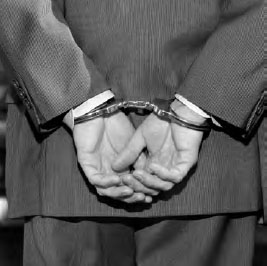
|
Was the Enron scandal an example of psychopathic traits on the part of corporate executives?
The Psychology of Criminal Behavior
Read more from
|
Enron was an enormous energy company based in Texas that quickly rose to national prominence in the 1990s. CEO Ken Lay was a major contributor to political campaigns, and a warm acquaintance of U.S. presidents and other high-level politicians. Enron collapsed in 2001 due to a vast web of fraudulent accounting. This cost tens of thousands of jobs and billions of dollars. Lay, along with executive Jeffrey Skilling and his protegé Andrew Fastow, were all convicted of fraud and sentenced to prison.
Were these men typical psychopaths? Would they meet criteria for antisocial personality disorder? Although we can only guess outside of an in-person clinical interview, it is more likely that all three men fell victim to their own narcissism. Seduced by the power, wealth, and glory of their enormous success, they chose to keep their profits growing, even if they had to cross ethical and legal lines in the process. The life savings of thousands of Enron employees became less important than their own ambition. We can also question the societal values that place such priority on financial success, ultimately encouraging the kind of financial misbehavior uncovered in the Enron scandal.

While the greed of some corporate titans might seem psychopathic, it is unlikely they would meet the full criteria for antisocial personalitry disorder (iStock).
